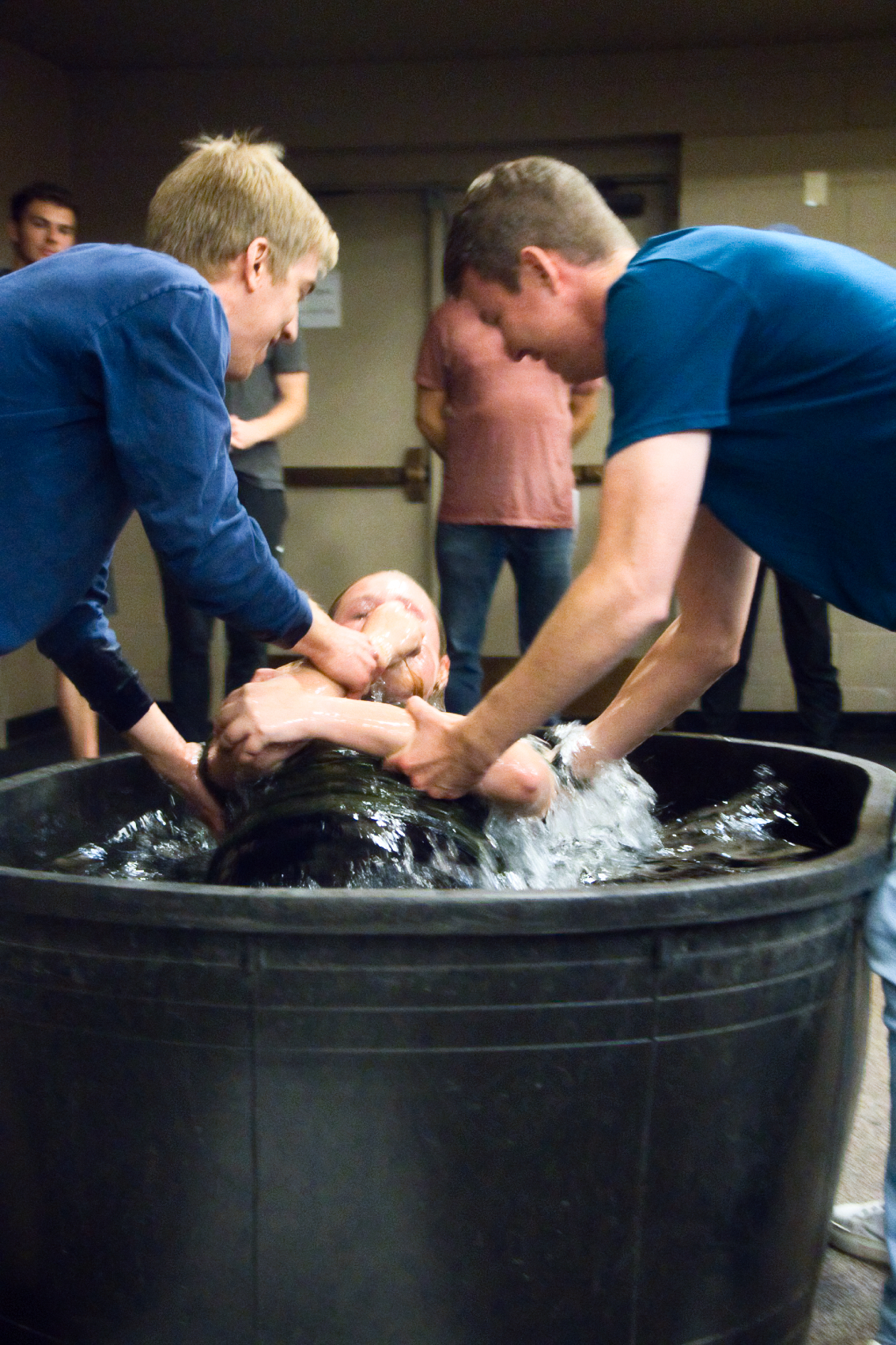
In a world full of religious traditions and spiritual symbols, baptism stands out as one of the most vivid, physical expressions of faith in the Bible. It’s not just about water. It’s about death, resurrection, identity, and a public declaration of belonging to Jesus Christ.
So why does baptism matter so much? According to Scripture, it’s far more than a ceremonial splash. Baptism is a sacred, God-ordained moment where faith goes public — and where the gospel story is reenacted in the life of a believer.
From the beginning of the church in Acts, baptism follows a conscious decision to follow Jesus. When Peter preached the first gospel message at Pentecost, the crowd was cut to the heart and asked, “What shall we do?” He replied:
“Repent and be baptized, every one of you, in the name of Jesus Christ for the forgiveness of your sins. And you will receive the gift of the Holy Spirit.”
— Acts 2:38
In the New Testament, belief and baptism go hand in hand — not as separate or optional steps, but as part of a single turning point in a person’s life. While it’s not the act of baptism that saves (salvation is by grace through faith — Ephesians 2:8–9), baptism is the expected and immediate response to the gospel.
Perhaps the most powerful image of baptism in the New Testament is found in Romans 6:3–4:
“Don’t you know that all of us who were baptized into Christ Jesus were baptized into His death? We were therefore buried with Him through baptism into death in order that, just as Christ was raised from the dead… we too may live in the newness of life.”
Baptism is a funeral and a resurrection. When a believer is immersed in water, it symbolizes dying to sin and self, being buried with Christ. When they rise out of the water, it’s a picture of resurrection — walking in a brand-new life.
It’s not about becoming a better version of yourself. It’s about dying to your old self and being made alive in Christ (see 2 Corinthians 5:17).
Jesus Himself was baptized — not because He needed forgiveness, but to “fulfill all righteousness” (see Matthew 3:13–17). In that moment, God the Father declared from heaven, “This is My beloved Son, with whom I am well pleased.”
“For all of you who were baptized into Christ have clothed yourselves with Christ.”
— Galatians 3:27
To be “clothed with Christ” is to take on His identity, His covering, and His righteousness.
Faith is personal, but it was never meant to be private. Baptism is the God-given way to “go public” with your faith. It’s an outward sign of an inward transformation and reality.
Jesus said:
“Whoever acknowledges Me before others, I will also acknowledge before My Father in heaven.”
— Matthew 10:32
When someone is baptized, they’re testifying: “Jesus is Lord of my life, and I’m not going back.”
For the early church, baptism wasn’t treated like a bonus round for the super-spiritual — it was part of deeply (no pun intended) entering into the Christian life. Jesus commanded His followers:
“Go and make disciples of all nations, baptizing them in the name of the Father and of the Son and of the Holy Spirit…”
— Matthew 28:19
If we love Jesus, we’ll do what He says (see John 14:15). Baptism is not about spiritual performance — it’s about trust and obedience.
In an age where commitment can feel optional and public faith can feel awkward, baptism cuts through the noise with a bold, physical act: “I belong to Jesus.”
If you’ve put your faith in Christ but haven’t been baptized, this isn’t about pressure — it’s about invitation. God is not asking for perfection, but He does ask for surrender. Baptism is a line in the sand, a mark in your story, a picture of the gospel written in water.
It doesn’t make you a Christian — but it declares to the world, and reminds your own heart, that you are.